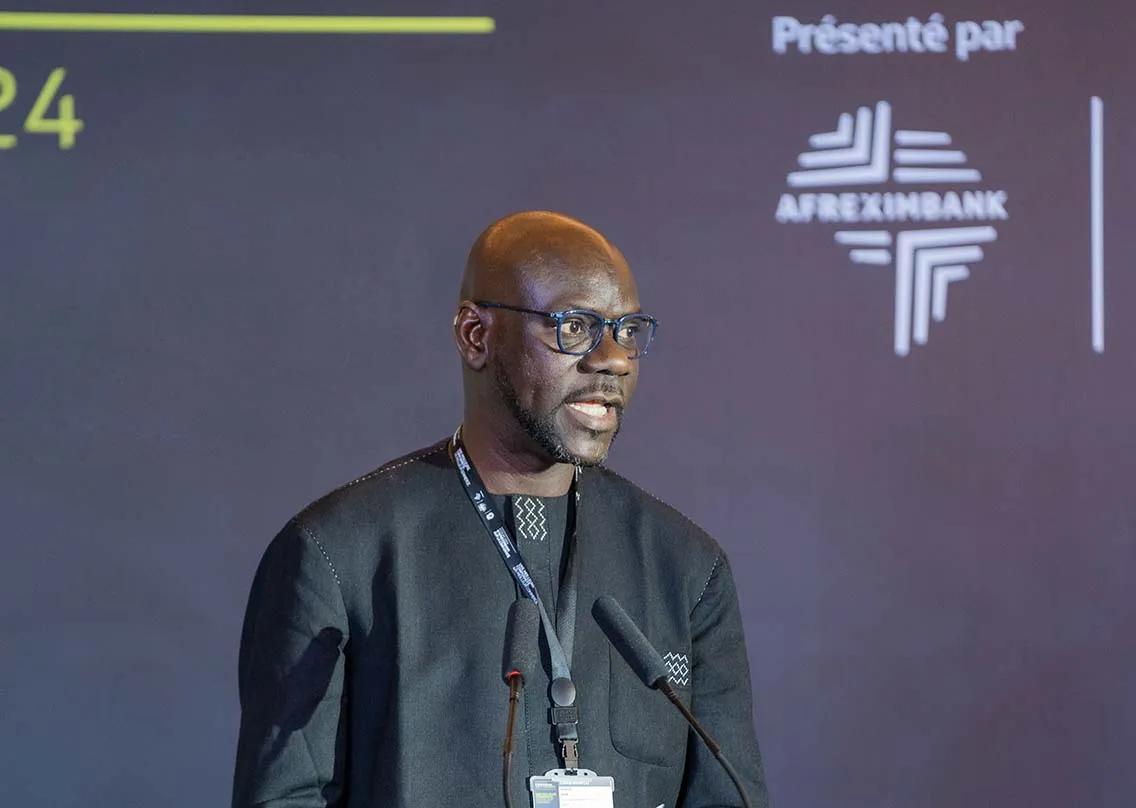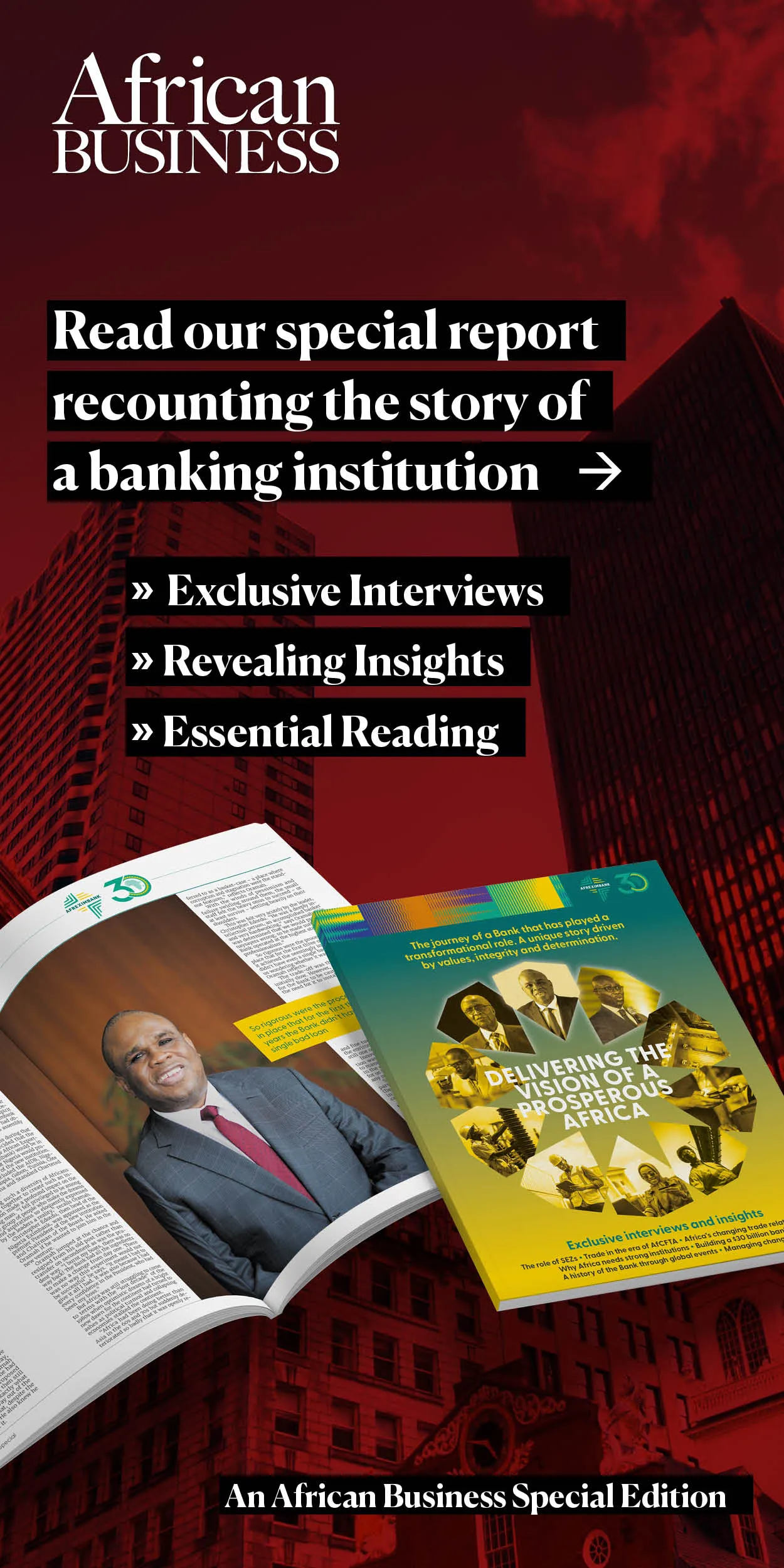This article was produced with the support of Afreximbank
African Business: What does it mean for a country to be placed on the FATF’s grey list? Or to be blacklisted?
Madické Niang:The FATF’s grey list includes all the countries that, following the annual assessment of their anti-money laundering and combating the financing of terrorism (AML/CFT) systems, have identified strategic shortcomings. Out of concern that these countries could disrupt the global financial system, they are placed on this list so that they can correct their shortcomings. As soon as a country is placed on the grey list, it gets bad press from investors and international donors, who will demand more conditionalities for loans. The black list concerns a handful of countries that do not cooperate with the FATF at all, such as Iran, North Korea and Myanmar. In these cases, the FATF calls on all member countries to implement countermeasures to protect themselves.
Today, of the 20 countries on the FATF’s grey list, 12 are in Africa…
On the continent, the stumbling block is structural. The very configuration of our economies, with their high level of informality, poses numerous difficulties for traceability and, in fact, for the fight against money laundering and the financing of terrorism. The financial infrastructure is not developed and not deep enough, which means that many economic agents are not part of the financial system. What’s more, the commitment of our authorities to reforming their financial system is sometimes too timid in relation to what is at stake.
How can we get off this FATF grey list?
To get off the FATF grey list, you need a great deal of commitment and strict application of the FATF recommendations, within the allotted time. This commitment often requires legislative and/or regulatory action by local authorities or the regulator, including the central bank. Senegal, for example, which is in the process of coming off the FATF’s grey list after three years, has applied all 49 of the organisation’s recommendations, some of them through legislative reforms.

 Sign in with Google
Sign in with Google 
